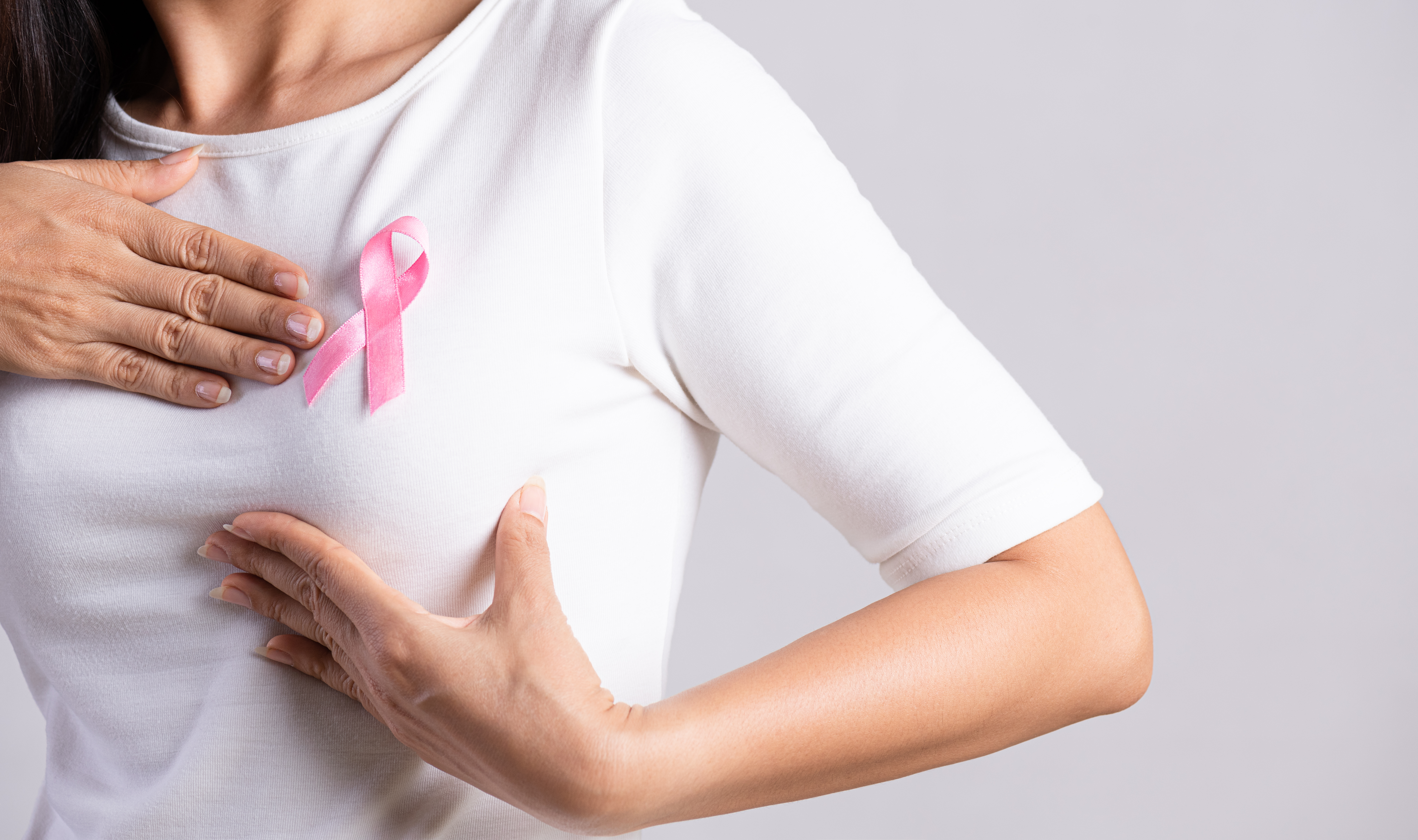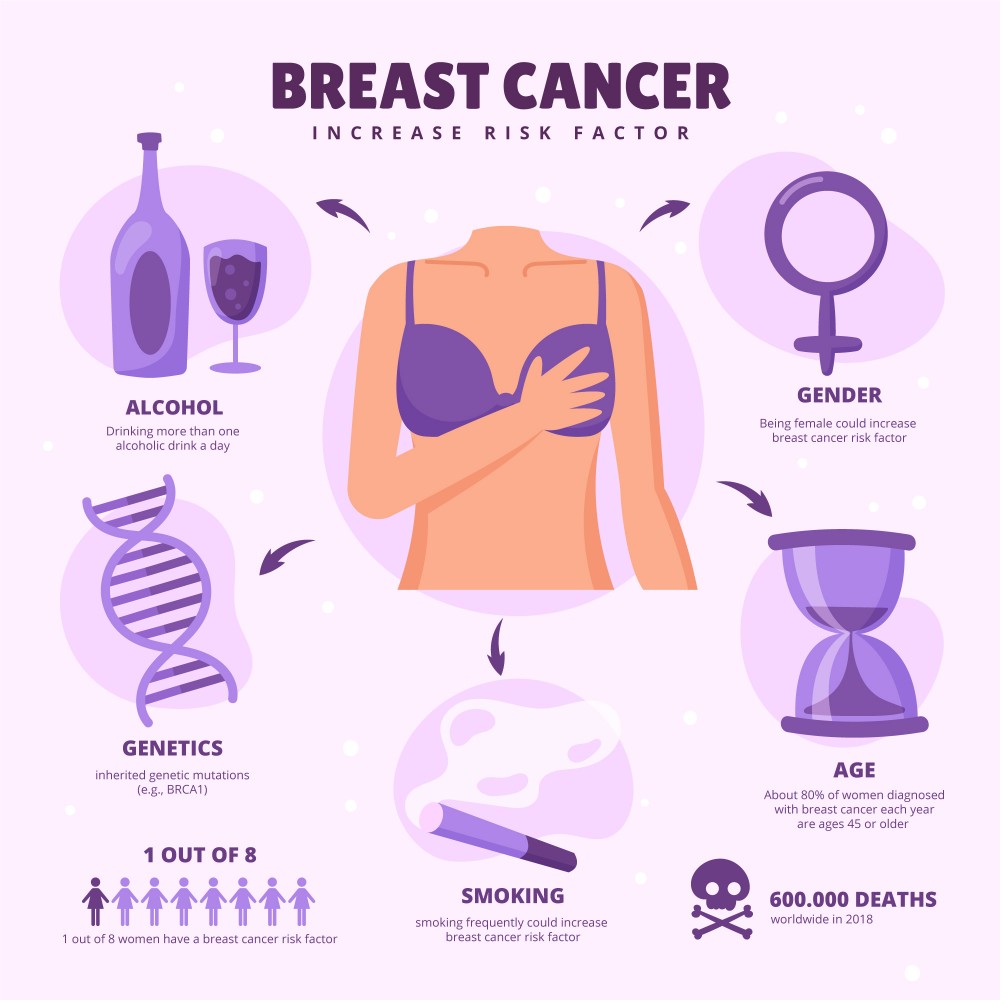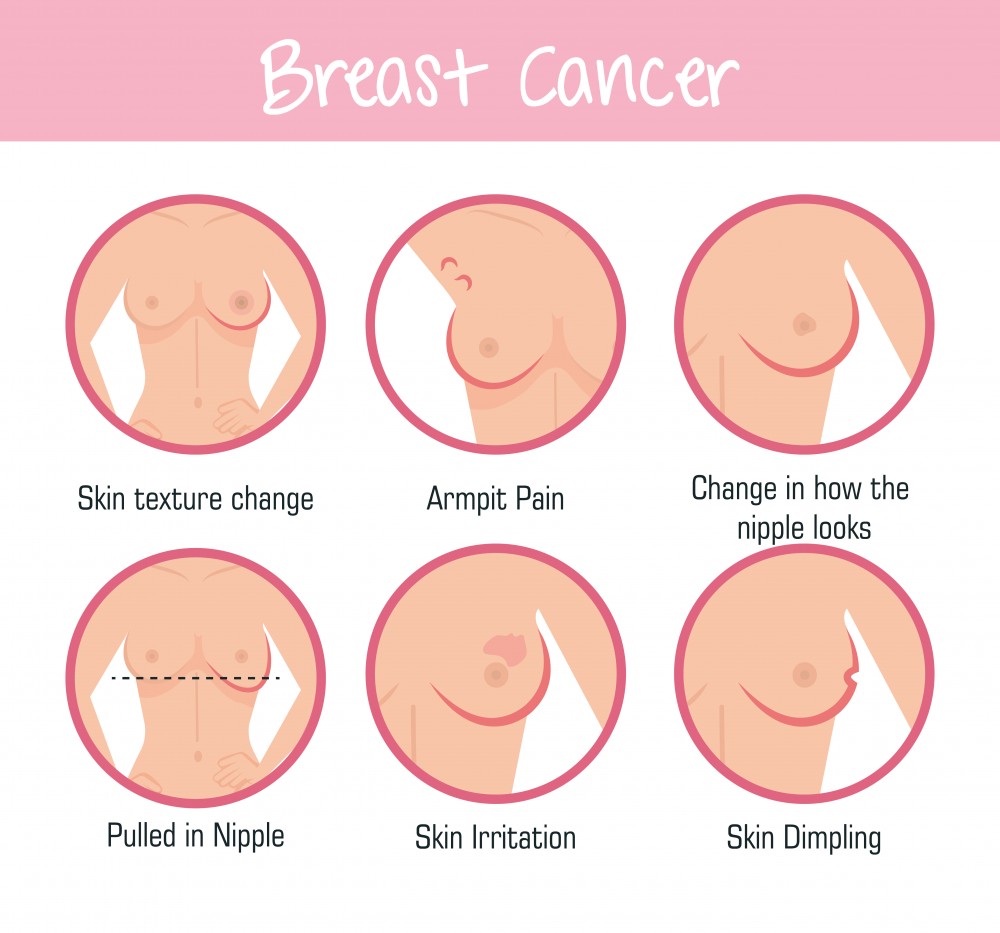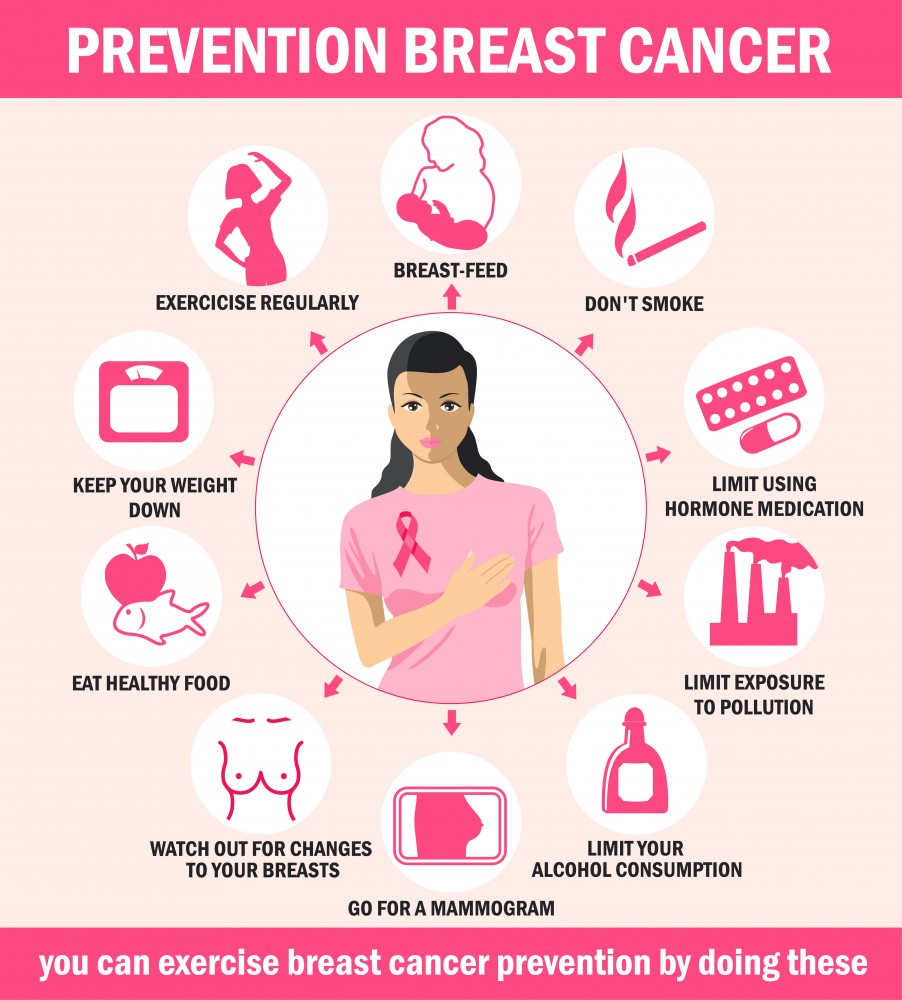-
SALES
- Popular BrandsCetaphilColgateDettolDoveEgo QVGuardianGilletteKloranceKotexKundalMore ...

- Health Supplement
- Popular BrandsCetaphilColgateDettolDoveEgo QVGuardianGilletteKloranceKotexKundalMore ...
Healthy Food ProductsNew- Popular BrandsCetaphilColgateDettolDoveEgo QVGuardianGilletteKloranceKotexKundalMore ...
- Mom & Baby
- Kids
- Personal Care
- Popular BrandsCetaphilColgateDettolDoveEgo QVGuardianGilletteKloranceKotexKundalMore ...
- Skincare
-
Popular BrandsCetaphilColgateDettolDoveEgo QVGuardianGilletteKloranceKotexKundalMore ...
- First Aid
- OTC Medicine
- Popular BrandsCetaphilColgateDettolDoveEgo QVGuardianGilletteKloranceKotexKundalMore ...
- Rehab
- Popular BrandsCetaphilColgateDettolDoveEgo QVGuardianGilletteKloranceKotexKundalMore ...
- All Products
The No.1 Cancer in Malaysia: Understanding Breast Cancer and How to Fight It

Breast cancer continues to be the No.1 cancer in Malaysia, representing 34.1% of all cancer cases nationwide.
According to the Malaysian National Cancer Registry, 1 in 27 Malaysian woman is at risk of developing breast cancer in her lifetime, a worrying statistic that highlights the importance of awareness and early detection.
Among the ethnic groups, Chinese women have the highest incidence rate, followed by Indian and Malay women.
Even more concerning, over 50.5% of breast cancer cases in Malaysia are only detected at Stage III or IV, when treatment becomes more challenging and survival rates drop.
The good news? Early detection can save lives.

Why Breast Cancer Tops the List
- Genetic & Ethnic Factors
- Some women are born with genetic mutations (BRCA1 and BRCA2) that increase their risk.
- Research also shows ethnic differences, with Chinese women recording higher rates compared to Indian and Malay women.
- Modern Lifestyles
- Compared to our grandparents’ time, our habits have changed dramatically.
- We sit more, move less, and eat more processed foods.
- A diet high in sugar and fat, together with obesity, stress, and smoking or alcohol consumption, can all contribute to a higher risk.
- Late Detection
- One of Malaysia’s biggest challenges is delayed screening.
- Many women only visit the doctor when symptoms become visible, often when the cancer has already advanced.
- Cultural stigma, fear of diagnosis, or not knowing how to do a self-exam also stop women from seeking help early.
- Longer Life Expectancy
- As Malaysians live longer, age-related cancers like breast cancer naturally become more common.

How to Spot the Signs
Early signs of breast cancer are often not painful — which is why regular self-checks are crucial.
See a doctor if you notice:
- A lump in the breast or underarm — hard, painless, or different from surrounding tissue.
- Changes in breast size or shape — one may appear swollen or uneven.
- Skin changes — dimpling, redness, or thickened skin that looks like an orange peel.
- Nipple changes — inverted nipple or unusual discharge (especially if bloody).
- Unexplained pain in the breast or nipple that doesn’t go away.
- Swelling in part of the breast, even without a noticeable lump.
- Not all lumps are cancerous, but getting checked early could save your life.

How to Reduce Your Risk
- Get Screened Regularly
- Mammogram: For women aged 40 and above — every 1–2 years depending on your risk level.
- Self-exam: Check your breasts once a month, ideally a week after your period.
- Clinical exam: Visit a doctor for a yearly check-up.
- Maintain a Healthy Lifestyle
- Keep a healthy weight — especially after menopause.
- Exercise regularly — at least 150 minutes of moderate activity weekly.
- Eat a balanced diet rich in fruits, vegetables, and whole grains.
- Limit alcohol and quit smoking.
- Be Mindful of Hormonal Health
- Breastfeed if possible — it can lower breast cancer risk.
- Be cautious with hormone replacement therapy (HRT) — long-term use may raise your risk; consult your doctor first.
- Know Your Family History
- If close relatives have had breast or ovarian cancer, discuss genetic testing (BRCA1/BRCA2) with your doctor.
- High-risk women may need earlier or more frequent screening.
- Strengthen Your Overall Health
- Manage stress with mindfulness, hobbies, or prayer.
- Sleep well to support hormonal balance.
- Take supplements such as Vitamin D or Omega-3 if recommended by your healthcare professional.
Breast cancer is not just a women’s issue — it’s a family and community issue.
When detected early, it is one of the most treatable cancers.
So, make it a habit:
- Do your monthly self-exam
- Schedule your mammogram
- Encourage the women around you to do the same
Because when it comes to breast cancer, early awareness saves lives.
At HTM Pharmacy, our professional pharmacists are here to guide you — from the right supplement intake for prevention to lifestyle advice that supports long-term health. Don’t wait until it’s too late — come talk to us today and take charge of your health.
HTM Pharmacy • It’s Health That Matter
Let's keep in touch
Subscribe for our latest news and be the first to know about our offers.








